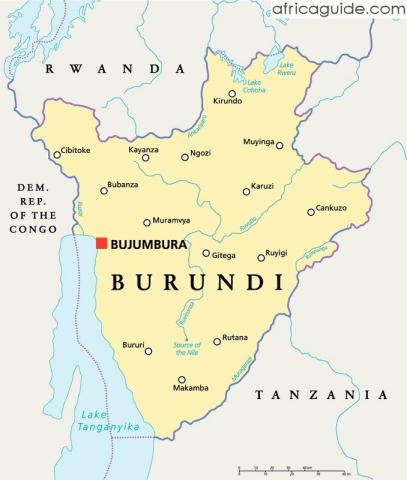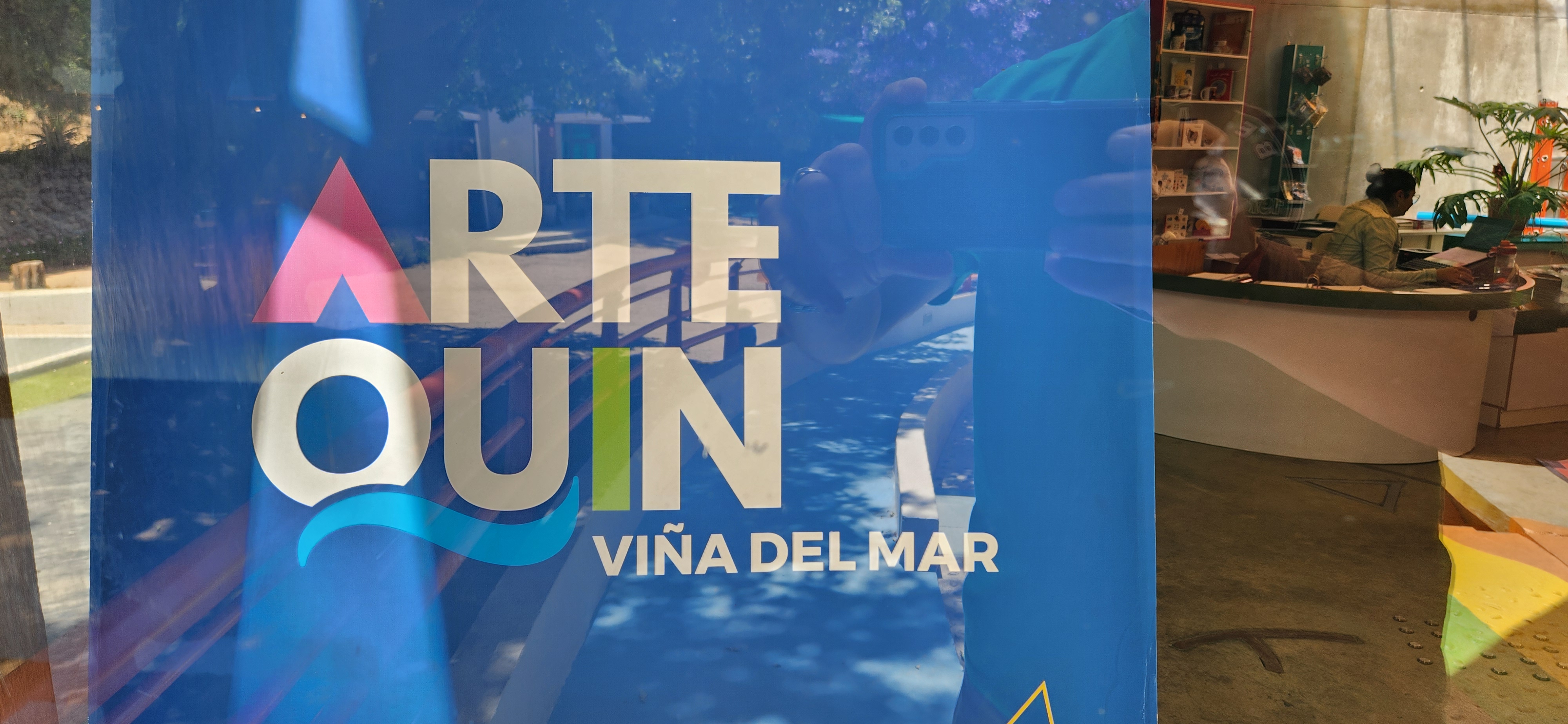
Burundi and Burundians.
Their character: Burundi as a country, and Burundians as a people, have had some pretty hard knocks. Violence and genocides (they've had ethnic conflicts similar to Rwanda) lie in their past. Shattering poverty lies in their present. Those kinds of events can make a people hard. Or they can offer a people opportunities for sacrifice and kindness in the midst of terrible times. (Melanie has shared many examples of Burundians offering kindness and encouragement)
Their geography: Burundi is very hilly country. Burundians get used to walking up and down mountains from the time they are children. They don’t need a special exercise program; they have the needs of everyday life requiring many hard walking miles.
Their economy: Burundi is one of the poorest countries in the world. Depending on which index you use, it could be listed as THE poorest but is definitely, consistently amongst the four poorest countries on the planet. 90% of Burundi’s population are subsistence farmers. And 60% of farmers’ cash income is from selling bananas that grow wild everywhere.
Their physique: Burundians walk everywhere and are generally very fit. Yes, there are taxis and tuk-tuks (enclosed motorcycle taxis) and buses. And people use those. But in rural areas, Burundians walk everywhere. Subsistence farmers who need to sell bananas walk into the city of Bujumbura to earn their money.
With all this in mind, we were still surprised to learn that Burundi is a completely cash-only society - no ATMs, no credit cards, nothing - Burundian francs only! (or occasionally we paid in US dollars - crisp bills made in the last 10 years or so) That's the reality in Burundi today, even the capital, Bujumbura!
We spent 3 days in Bujumbura, and it was pretty evident that Burundi is not set up for tourists. This is completely understandable considering the poverty and other issues in this poor nation. If you find yourself in Burundi on a business trip, humanitarian mission, or some other reason, let us know - we can recommend some lovely restaurants around the capital! Now, I want to share a success story and an example of growth in business...and it's connected to hippos 
Bujumbura is right on the banks of Lake Tanganika - it's the 2nd deepest and 2nd largest by volume lake in the world, and is also the longest freshwater lake. It's intense depth creates stunning blue, sparkly lake water. We had a lovely view of the lake from our friend's house (yes, the US Ambassador's house has a nice view!) as well as a few rooftop locations around the capital. In addition, we were lucky to go right out ON the lake...
Now, cut to the river...the Rusizi River, that is. It's a river that connects Lake Kivu (north in Rwanda) to Lake Tanganyika and it's home to hippos and crocodiles. Bujumbura lies to the south of where the river runs into the lake, so even the downtown area often saw hippos sunning on its beaches or even walking around the streets. However, in the last few years, the lake has been at flood levels and hippos aren't down along the Bujumbura shores (much to the disappointment of our friend, Melanie). The way to see the hippos is a river cruise...
Image

Of course, Melanie included a river cruise on our itinerary, we fully trust Melanie and all she schedules! So one of the mornings, we drove through the city to the outskirts of Bujumbura and entered the Rusizi National Park. There we boarded a small boat for a lovely river cruise right down to the mouth into Lake Tanganikya. Melanie pointed out that this tour company has upgraded life vests since she has been at this post - she acknowledges that her advertising/word of mouth for this river tour has been good for business! Our guide was very knowledgeable and told us about the river and the flora and fauna. We drifted down to the mouth of the river and saw the stark contrast between the river water (brown) and the lake water (blue) - you can kind of see it in a photo - the lake goes deep fast and all the silt sinks to the bottom once it reaches the lake.
Once on the lake, we saw lots of fisherman - which gave us some insight into the economy of Burundi, many make their money off of the resources the lake provides. However, their are ecological and economic issues connected to this way of life and the modern forces changing the lake. So this adds to the many issues that present-day Burundi faces.
As we worked our way back up river we stopped to observe a bloat of hippos, spotted some croc eyes peeping up from the water, herons, and enjoyed a flock of whistling ducks! Did I mention the mountains you see on the other side of the lake are in the Democratic Republic of Congo? It was a lovely way to experience the Rusizi River and Lake Tanganikya, but the grand finale was still ahead... (stay tuned - this is my favorite part of Burundi)
I'll skip ahead a bit...after we left the Rusizi National Park, we enjoyed a drink on one of the beaches on the lake. We did not spot any hippos (the flood water levels), but we did spot the hippo warning sign - hopefully the hippos will return to Bujumbura soon!
- Log in to post comments
























